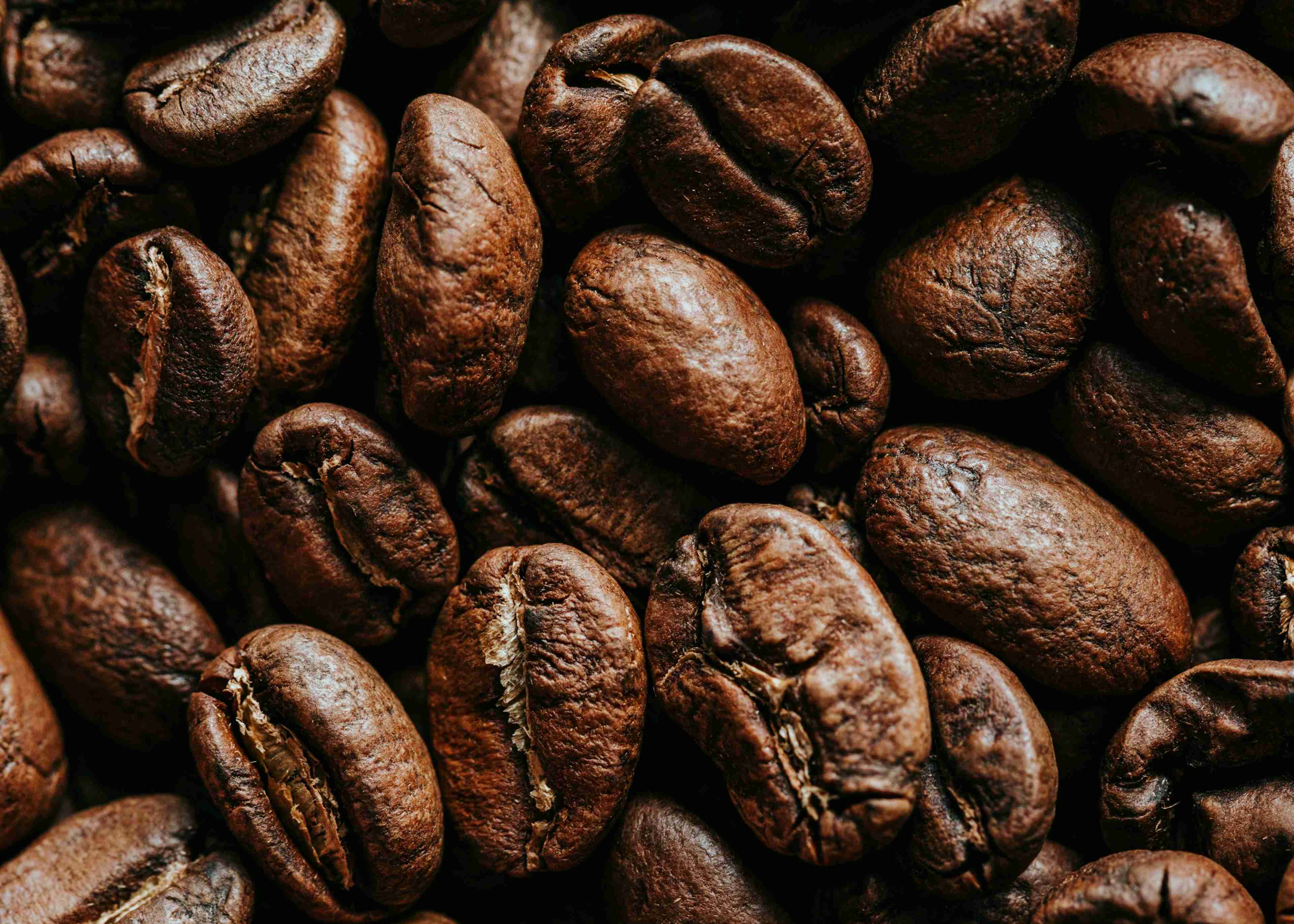The science of caffeine: effects, sources, and safety
Understanding caffeine's effects on your body is essential. While it offers a quick energy boost, excessive consumption can lead to dependency, diminished effects over time, and negative impacts on sleep, well-being, and weight loss. Research indicates that eliminating caffeine for three to seven days can improve sleep quality, enhance overall well-being, and support weight loss.

Coffee's undoubtedly one of the most consumed beverages in the world, with around two billion cups being consumed daily. According to a recent report by Intellectual Market Insights Research, the Global Coffee Market size was valued at USD 384.85 Billion in 2021 and is projected to reach USD 497.89 Billion by 2028. While coffee's the go-to pick-me-up for many people, others reach for energy drinks. Global energy drink sales are estimated to reach USD 53.1 billion by the end of 2022 and are projected to reach USD 86.1 billion by 2027.
Affects our bodies
Although caffeine can provide a quick energy boost, it's essential to understand how it affects our bodies. Research has shown that eliminating caffeine from your diet for three to seven days can improve sleep patterns, well-being, and even aid in weight loss. The reason for caffeine consumption reducing weight is unknown but may be due to improved sleep patterns, leading to a calorie deficit.
Facts about caffeine
Here are some key facts about caffeine:
- Caffeine's a naturally occurring stimulant found in different forms, including food (chocolate), drinks (tea, coffee, and energy drinks), tablets, and powder.
- Caffeine's a mild diuretic, leading to an increase in water excretion from our bodies.
- Caffeine tolerance can develop over time, leading to decreased effects with regular consumption.
- Dependency on caffeine's a risk.
- Caffeine's absorbed within 45 minutes and has a half-life of 4-6 hours, meaning it takes the body around 4-6 hours to eliminate half of the drug.

The amount of caffeine in a beverage depends on the concentration, e.g. strong coffee such as an espresso contains more caffeine than regular coffee. Here are some common examples:
- 150ml coffee contains 50-120mg of caffeine.
- 150ml tea contains 15-50mg of caffeine.
- 330ml Pepsi contains 40mg of caffeine.
- 250ml Red Bull contains 80mg of caffeine.
Caffeine consumption
Consuming caffeine has several benefits, including sparing muscle glycogen, improving reaction speed and concentration, increasing alertness and decision-making, improving force and strength, and reducing Rated Perceived Exertion (RPE), among others. The optimal time to take caffeine in relation to training is 60 minutes before training, and ergogenic doses range from 2-6mg/kg.
Excessive consumption
While caffeine has its benefits, excessive consumption can lead to problems. If you consume more than four cups of caffeinated coffee daily or its equivalent, it's essential to cut back and enjoy caffeinated drinks in moderation.
This article was initially published on 3 Apr 2023, but it has been subsequently updated.